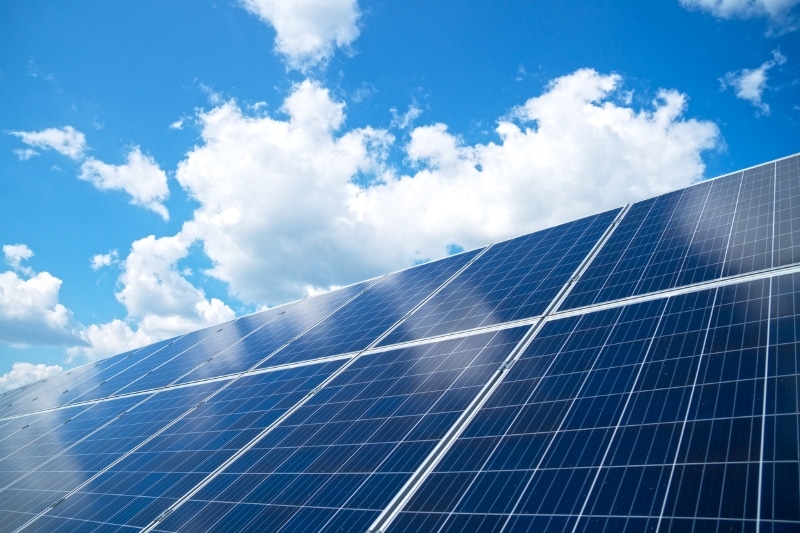The Malaysian Ministry of Energy Transition and Water Transformation, alongside the Energy Commission (EC), the national regulatory body for the energy industry, is crafting the National Energy Efficiency Action Plan 2026-2035 (NEEAP 2.0) to advance the objectives of Malaysia’s energy transition agenda. Spearheaded by Deputy Prime Minister Fadillah Yusof, who also heads the energy portfolio, this plan is a collaborative effort involving key stakeholders to drive sustainable energy practices.
The government anticipates significant economic benefits from NEEAP 2.0, including job creation, business opportunities, and increased investment, aligning with the National Energy Transition Roadmap (NETR). This strategic roadmap underscores Malaysia’s commitment to transitioning from traditional fossil fuel reliance to a green economy, fostering growth and trade potential while prioritizing sustainability.
Fadillah emphasizes the government’s pledge to elevate renewable energy (RE) capacity to 70% of the electricity supply by 2050, up from the current 25%. Achieving this target necessitates holistic efforts involving public-private collaboration, meticulous planning considering grid systems and demand dynamics, and the implementation of initiatives like solar power plant development, rooftop solar installations, and regional grid expansion under the ASEAN Power Grid initiative. The launch of NETR in 2023 signifies Malaysia’s dedication to achieving net zero greenhouse gas emissions by 2050, reinforcing its commitment to sustainability.
(Sources: The Edge Malaysia, New Straits Times)
